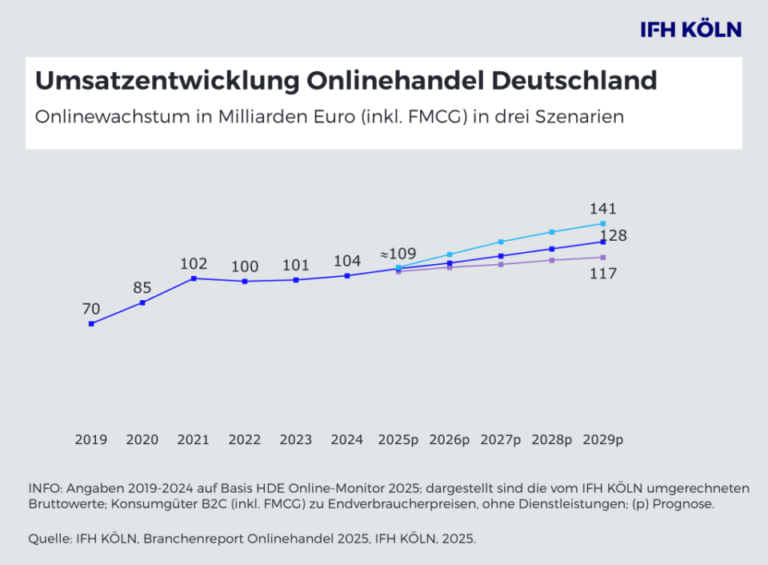
As you might know our team is busy creating Magento 2 extensions and progress can be seen by clicking on the following link http://www.scommerce-mage.co.uk/extensions-for-magento-2.html. Also if you have any Magento 2 extension in mind then please feel free to send us your idea to us via email (core@scommerce-mage.co.uk) and if we like your idea then we might either do your extension at reasonable rate or for free ????
As part of extension building, we have been finding a lot of new and interesting things in Magento 2 which we would like to share with the community. We will keep on adding stuff to this page so don’t forget to bookmark it ????
Javascript quote escape in Magento 2
In Magento 1, you can escape the quotes in javascript using the following code snippet
$this->jsQuoteEscape ($item->getName());
But in Magento 2, you can do the same using the following code snippet
$this->escapeJsQuote($item->getName());
Escape site URL in Magento 2
In Magento 1, you can escape the site URL using the following code snippet
Mage::getSingleton('core/url')->escape($_SERVER['REQUEST_URI'])
But in Magento 2, you can do the same using the following code snippet
$this->escapeJsQuote($_SERVER['REQUEST_URI'])
Convert number into currency format in Magento 2
In Magento 1, you can convert number into currency format using the following code snippet
$this->helper('core')->currency(number_format(50,2),true,false)
But in Magento 2, you can do the same using the following code snippet
$this->helper('MagentoFrameworkPricingHelperData')->currency(number_format(50,2),true,false);
Retrieve order object on order confirmation page in Magento 2
In Magento 1, you can retrieve order object on success.phtml page using the following code snippet
$orderId = Mage::getSingleton('checkout/session')->getLastOrderId();
$order = Mage::getModel('sales/order')->load($orderId);
But in Magento 2, you can do the same using the following code snippet
/**
* Checkout session
*
* @var MagentoCheckoutModelSession
*/
protected $_checkoutSession; /**
* @param MagentoFrameworkViewElementTemplateContext $context
* @param MagentoSalesModelOrder $salesOrderFactory
* @param MagentoCheckoutModelSession $checkoutSession
*/
public function __construct( MagentoFrameworkViewElementTemplateContext $context, MagentoSalesModelOrder $salesOrderFactory, MagentoCheckoutModelSession $checkoutSession, array $data = [] ) { $this->_checkoutSession = $checkoutSession; parent::__construct($context, $data); } /**
* Retrieve current order
*
* @return MagentoSalesModelOrder
*/
public function getOrder()
{ $orderId = $this->_checkoutSession->getLastOrderId(); return $this->_salesFactory->load($orderId);
}
Or
$objectManager = MagentoFrameworkAppObjectManager::getInstance(); $orderId = $objectManager->create('MagentoCheckoutModelSession') ->getLastOrderId(); $order = $objectManager->create('MagentoSalesModelOrder') ->load($orderId);
Retrieve product object in Magento 2
In Magento 1, you can retrieve product object page using the following code snippet
$product = Mage::getModel('catalog/product') ->load(291);
But in Magento 2, you can do the same using the following code snippet
$objectManager = MagentoFrameworkAppObjectManager::getInstance(); $product = $objectManager->create('MagentoCatalogModelProduct') ->load(291);
Retrieve request object in Magento 2
In Magento 1, you can retrieve request object using the following code snippet
$productId = Mage::app()->getRequest()->getParam('product', 0);
But in Magento 2, you can do the same using the following code snippet
$objectManager = MagentoFrameworkAppObjectManager::getInstance();
$product = $objectManager->create('MagentoFrameworkAppRequestHttp') ->getParam('product', 0);
Search Text in Magento 2
In Magento 1, you can retrieve search query text
$this->helper('catalogsearch')->getEscapedQueryText();
But in Magento 2, you can do the same using the following code snippet
public function __construct( ..... MagentoSearchHelperData $searchData .....) { ...... $this->_searchData = $searchData; parent::__construct($context, $data); } public function getEscapedQueryText() { return $this->_searchData->getEscapedQueryText(); }
Hope this article helped you in some way. Please leave us your comment and let us know what do you think? Thanks.








